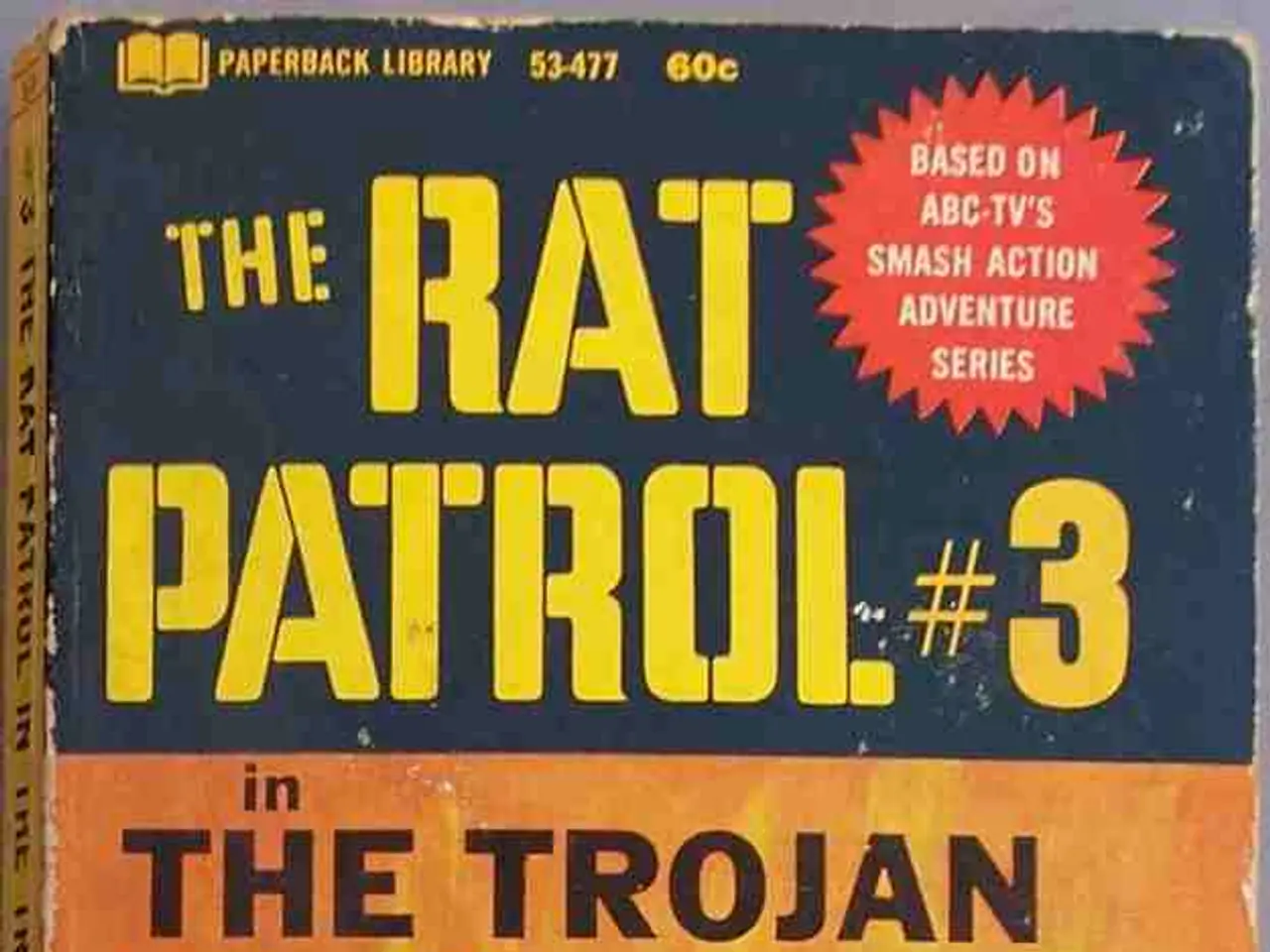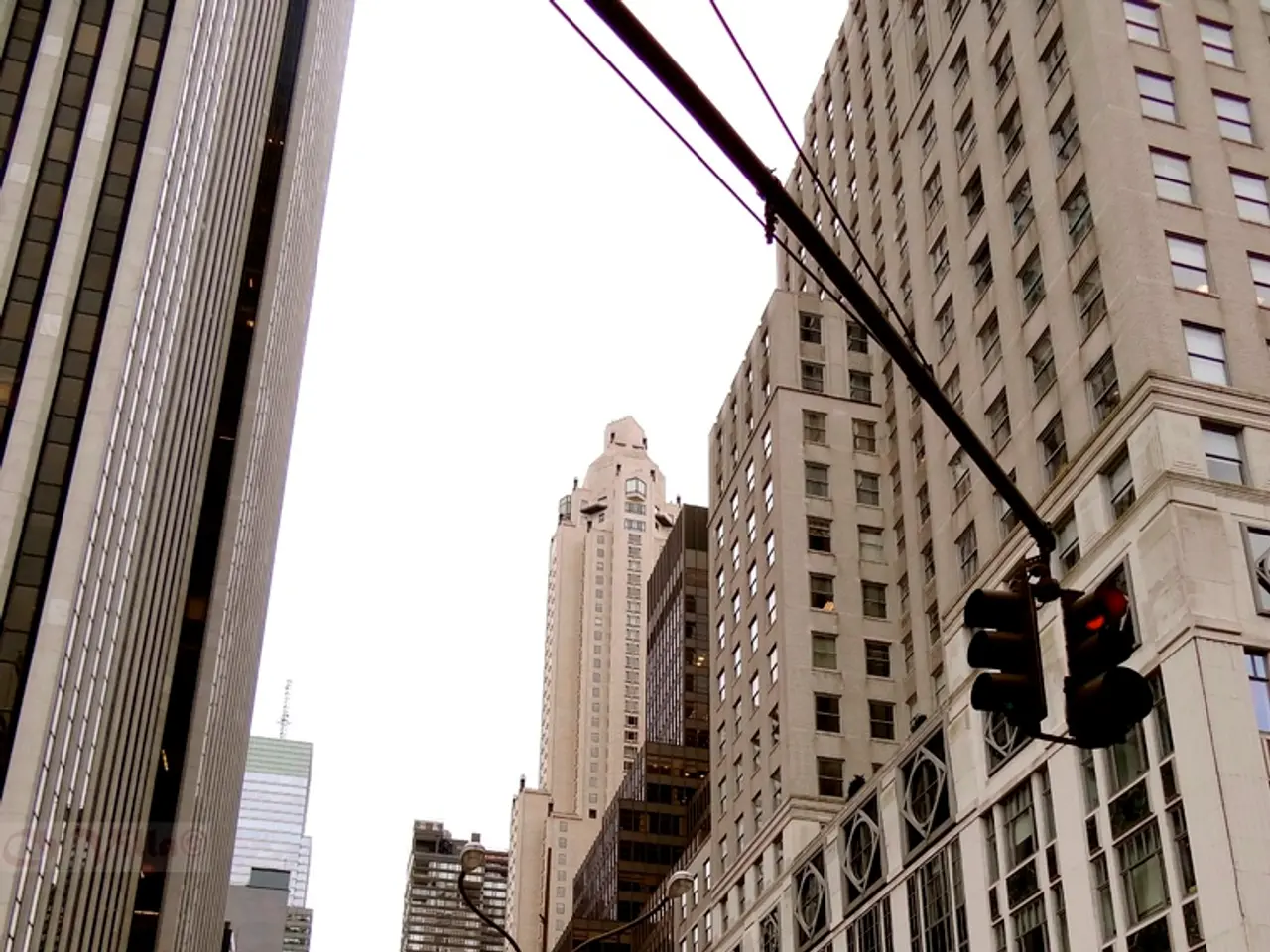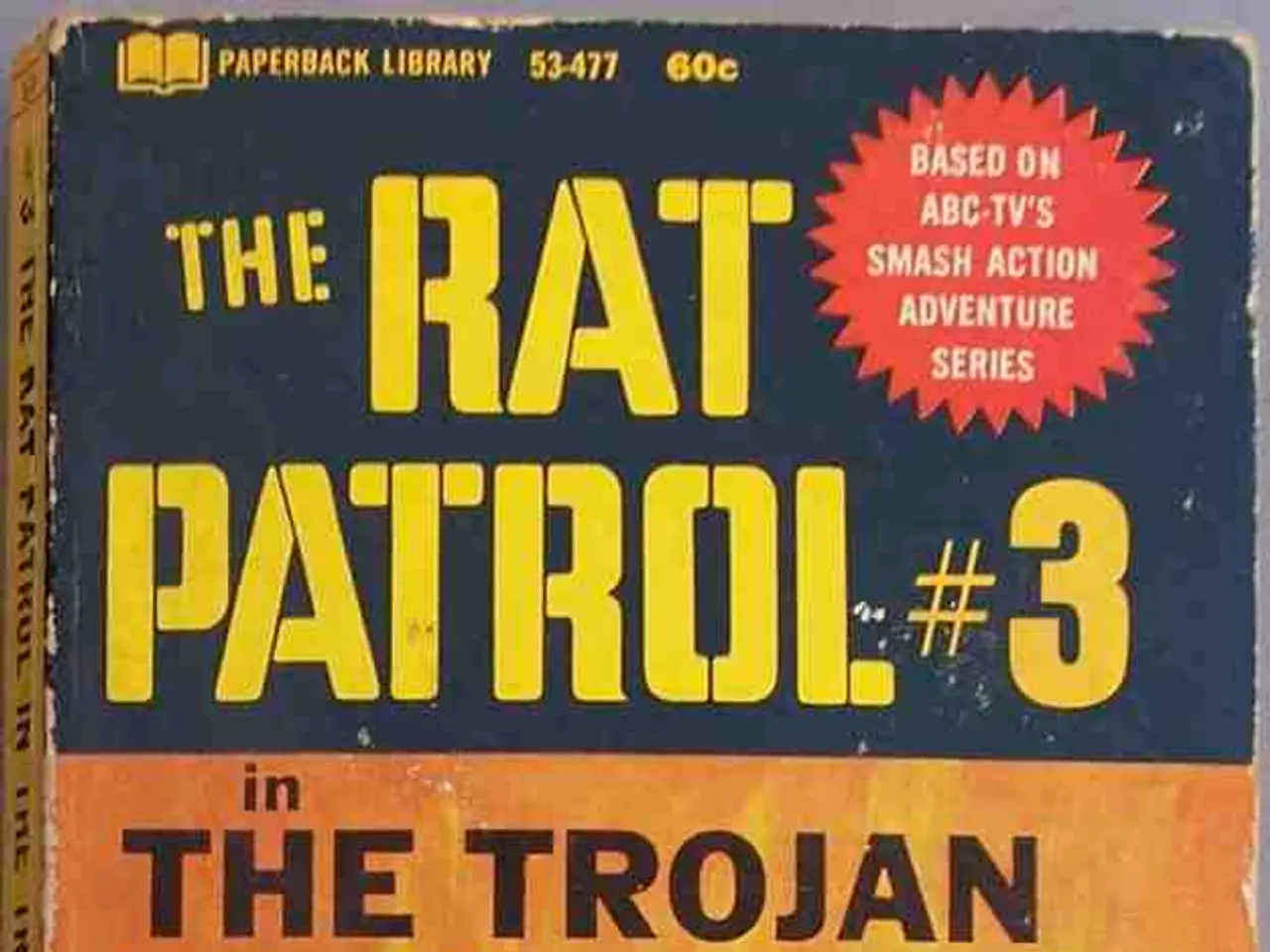Museum removes Trump's impeachment reference, triggering debates over historical accuracy
In a move that has sparked controversy, the Smithsonian Institution has decided to remove references to the 2019 and 2021 impeachments of U.S. President Donald Trump from an exhibition about the American presidency. This decision, part of a review of "legacy content," will eventually include all impeachments, but with no specified time frame.
Robin Wagner-Pacifici, professor emerita of sociology at the New School for Social Research, emphasises the importance of situating ourselves in history for citizens. She argues that the removal of historical content can make this difficult. Wagner-Pacifici is not alone in her concern, as Timothy Naftali, former director of the Richard M. Nixon Presidential Library and Museum, has expressed disappointment over the Smithsonian's decision.
The Smithsonian's move is seen as part of a broader effort by President Trump to influence and shape how history is depicted in museums, national parks, and schools. Trump has taken this to a more intense level, encouraging an atmosphere where institutions may feel compelled to choose between him and the truth. Jason Stanley, an expert on authoritarianism, concurs, stating that controlling the historical narrative is a vital tool to maintain power.
This influence over historical matters is not unique to the Trump administration. Historically, those in power have sought to control narratives to consolidate authority or promote particular political agendas. For instance, in Soviet-era Russia, officials who ran afoul of leaders like Josef Stalin disappeared not only from the government itself but from photographs and history books where they once appeared. Similarly, in China, references to the June 1989 crackdown on pro-democracy demonstrators in Beijing's Tiananmen Square are forbidden and meticulously regulated by the ruling Communist Party government.
Jason Stanley, who has left Yale University to join the University of Toronto due to concerns over the U.S. political situation, believes that this politicization can provoke public disputes about the role of museums—to educate impartially, foster national pride, or serve social and political goals—and affect institutional credibility and public trust.
Museums play a crucial role as educational and cultural institutions, serving as key sites where collective memory is formed and perpetuated. When government officials intervene, it can lead to historical narratives that emphasise certain perspectives while omitting or downplaying others, potentially distorting historical truth and limiting critical engagement.
In contrast, many museums strive for transparency, accountability, and inclusive representation of history. However, government directives can sometimes conflict with professional curatorial standards or community expectations, leading to tensions. The struggle to control the narrative of history is not a new phenomenon, occurring both in general and political worlds.
Julian E. Zelizer, a professor of history and public affairs at Princeton University, states that Trump is pushing a specific narrative of the United States and trying to influence how Americans learn about his own role in history. This raises questions about the impartiality of museums and their role in preserving and interpreting history accurately for future generations.
[1] The Washington Post. (2022, January 22). Smithsonian removes Trump impeachment artifacts from exhibit. Retrieved from https://www.washingtonpost.com/politics/2022/01/22/smithsonian-removes-trump-impeachment-artifacts-exhibit/
[2] The New York Times. (2021, February 14). Trump's Assault on History. Retrieved from https://www.nytimes.com/2021/02/14/opinion/trump-assault-on-history.html
[3] The Guardian. (2021, January 21). Jason Stanley, Yale philosopher, quits US over 'political situation'. Retrieved from https://www.theguardian.com/us-news/2021/jan/21/jason-stanley-yale-philosopher-quits-us-over-political-situation
[4] The Atlantic. (2019, July 18). How the Smithsonian Failed to Protect Its Integrity. Retrieved from https://www.theatlantic.com/politics/archive/2019/07/smithsonian-failed-protect-its-integrity/593847/
- The political decision made by the Smithsonian Institution to remove references to Donald Trump's impeachments from an exhibition falls under the broader category of policy-and-legislation and is part of a more general news topic surrounding the influence of politics on museums.
- The controversy surrounding the removal of historical content from the Smithsonian exhibition by President Trump highlights an ongoing issue in politics, one that often involves high-profile interviews with scholars and experts, such as Jason Stanley, who discuss the importance of maintaining the accuracy of historical narratives.








